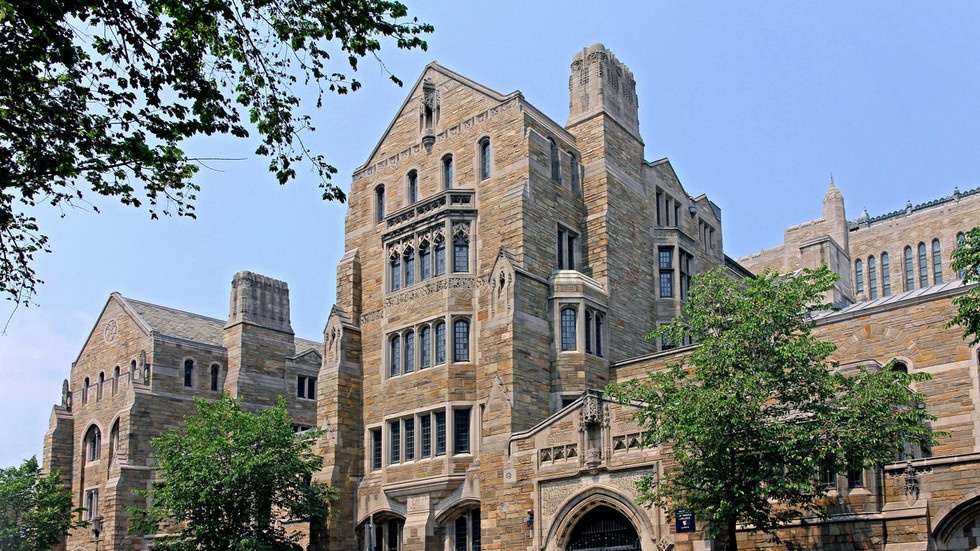Nigeria is facing a critical moment in its democratic journey, with some opposition leaders calling for a change in the country’s leadership. At the forefront of this movement is Paul Ibeh, an aide to former Vice President Atiku Abubakar, who has described the administration of President Bola Tinubu as a “civilian dictatorship.” This assertion was made during an appearance on Channels Television’s program, “The Morning Brief,” where Ibeh emphasized the need for opposition leaders, including Abubakar, to work together to redeem the country from its current state.
According to Ibeh, the situation in Nigeria bears an unsettling resemblance to the military dictatorships of the past, but with a civilian face. He noted that the current administration, despite being led by individuals in suits and traditional attire, is no different from, and possibly worse than, the military regimes that once ruled the country. This sentiment reflects a deep-seated concern among some Nigerians about the erosion of democratic values and the concentration of power.
Ibeh also addressed the issue of opposition unity, suggesting that there is no inherent reason why members of a coalition cannot remain within the Peoples Democratic Party (PDP), citing the example of Minister Nyesom Wike, who works with the government of President Tinubu while being a member of the opposition PDP. This highlights the complexities and nuances of Nigerian politics, where alliances and affiliations can be fluid and context-dependent.
The question of whether Atiku Abubakar could emerge as the sole candidate of the coalition in future elections, particularly in the context of zoning, was also discussed. Ibeh indicated that the focus is not on individual candidacies but on leveraging the experiences and strengths of leaders like Abubakar to benefit the coalition. This approach underscores the recognition that political strategies must be adaptive and responsive to the evolving needs and challenges of the country.
Furthermore, Ibeh dismissed accusations that Atiku Abubakar was responsible for the crisis within the PDP, following the party’s primary for the 2023 presidential election. Instead, he pointed to Minister Wike’s actions after losing the primary as a significant factor in the party’s turmoil, alleging that Wike worked against the PDP’s interests in the presidential election and hindered efforts to resolve the crisis.
In a related development, a group of concerned PDP leaders, including former Vice President Atiku Abubakar and ex-Senate President David Mark, have called upon Nigerians to join forces to unseat President Bola Tinubu in the 2027 elections. This call to action, made after a closed-door meeting in Abuja, emphasizes the need for a broad coalition that is committed to national unity, democratic principles, security, economic recovery, and the fight against corruption.
The communiqué issued after the meeting highlights the importance of coalition-building and partnership in developing strategies that are responsive to both national and local political realities. This approach is seen as crucial for preparing for future elections and addressing the multifaceted challenges facing Nigeria. As the country navigates this critical period, the actions and decisions of its leaders will be closely watched, both domestically and internationally, with many hoping for a trajectory that strengthens democracy and improves the lives of all Nigerians.



